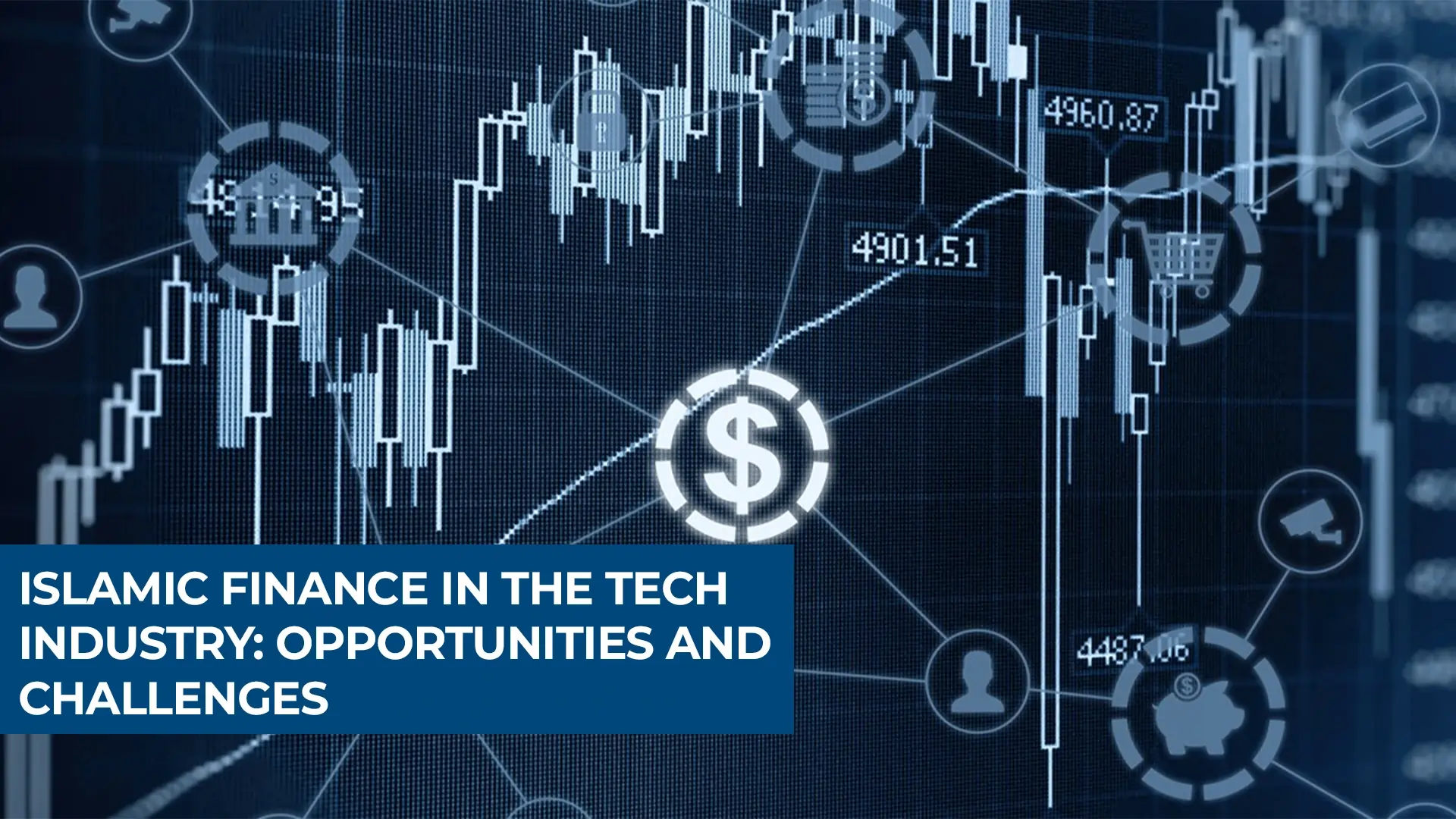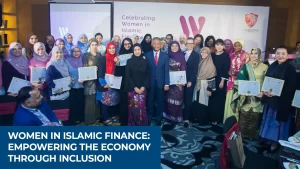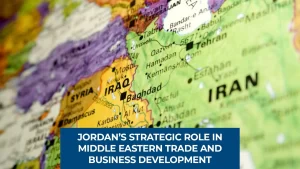The advanced technological growth has been realized in the modern world market in a way it has become a key pillar for nations. That is why as the industry develops new funding mechanism have to be introduced to answer industry’s demand. The concept of Islamic finance based on Shariah has the degree of rationality for being an alternative to the conventional financial systems. This explains why Islamic finance is well suited in the tech industry given that, its bases its investments on the principles of ethical, risk sharing and asset-backed investments. However, there is conflict at this intersection as well.
I, Dr. Raed El Omari a Jordanian business expert and leader, I have to emphasize the importance of studying the strengths and weaknesses of the Islamic finance within the technological sector.
AREAS OF GROWTH FOR ISLAMIC FINANCIAL SYSTEMS IN THE ICT SECTOR
- ETHICAL INVESTMENT PRACTICES:
Islamic finance only promotes investments that have a positive social and economic impact and are not detrimental in any way. The following attribute is more applicable in today’s technology-enabling industry, enhanced by principles like data privacy, AI’s ethnicity, and environmental issues. Islamic finance can extend its help towards the technology-based startup companies that invent the good technologies, the technologies that are beneficial to society. - ALIGNMENT WITH ASSET-DRIVEN MODELS:
This industry revolves on assets; fixed or physical assets such as equipment, apparatus, and physical structure, and intangible assets such as software, patents, and trademarks. Islamic modes of financing including Ijara (leasing) and Murabaha (cost-plus finance) can help deliver strategic funding for these assets free from interest charge. - SUPPORTING INNOVATION AND STARTUPS:
The contracting terms of Mudarabah (profit-sharing) and Musharakah (joint venture) make the development of technology startups possible. These models allow the financiers to put their money in more promising investments which are also risky, mutually with the businessmen. - EXPANDING MARKET REACH:
The popularity of Islamic finance means that tech companies can tap into new markets in the Middle East, South Asia and some parts of Africa that would require Shariah compliant solutions. This expansion can be especially helpful for Jordanian tech organizations as they search for a method to develop beyond their local market.
CHALLENGES IN IMPLEMENTING ISLAMIC FINANCE IN TECH
- LACK OF AWARENESS AND UNDERSTANDING:
Nevertheless, Islamic finance is still not a common tool among tech businesses because of low recognition of Islamic finance and related opportunities among technology start-ups and technological firms. The study highlighted on the fact that many business executive is unaware of Sharia-compliant financing methods and their advantages. - REGULATORY COMPLEXITIES:
The tech industry is always dynamic whereas Islamic finance works under Sharia laws and regulatory requirements. Such variation in paces may generate conflict when offering Islamic financial solutions that target the tech start-ups. - LIMITED PRODUCT INNOVATION:
Currently, Islamic financial institutions ought to add more products in order to accommodate the special requirements of the tech sector. There is an urgent need to have products that meet emerging markets such as block chain, financial technological application and artificial intelligence. - HIGH-RISK NATURE OF TECH STARTUPS:
Although Islamic finance promotes profit-sharing, a high risk of failure among technology-based businesses dissuades investors. Islamic finance of course complements volatility of the technology sector, yet it challenges scholars with the need for methods that are competitive and yet compliant with the religion’s tenets.
THE ROLE OF JORDAN IN PROMOTING ISLAMIC FINANCE FOR TECH
Being a regional center of technology and innovation, Jordan has an opportunity to set global trends of introducing Islamic finance into the IT industry. Both Islamic finance and technology sectors are on the rise in the country thus presenting a perfect environment to incubate this trend.
As a Jordanian Business Expert, I strongly believe that more cooperation opportunities exist in fostering and improving Islamic financial institutions and technology start – ups in Jordan. Through offering shariah compliant products, increasing knowledge, and capability for further improvement in human capital, jordan has the opportunity to become an example of how islamic finance can be used to drive the tech sector.
THE WAY FORWARD: SUGGESTION OF DR. RAED EL OMARI
EDUCATION AND AWARENESS CAMPAIGNS:
The cliques that the technical entrepreneurs and the Islamic financiers stand in must be brought together for sharing of their respective needs and opportunities.
INNOVATIVE PRODUCT DEVELOPMENT:
There is a need for Islamic financial institutions to develop suitable new products and structures that can successfully match up to the various requirements of the ever-evolving tech market as well as funding structures for new advancements like the use of blockchain and Artificial intelligence.
REGULATORY SUPPORT:
The authorities have to work on the following solutions that will help to implement Islamic finance into the sphere, avoiding excessive overdoses of bureaucracy and control.
CONCLUSION: A PATH TO ETHICAL INNOVATION
Tech and Islamic finance vision is oriented toward building a better future for everybody. This paper demonstrates how with the application of Islamic finance, technology firms can easily secure funding that is Shariah-compliant as well as socially responsible and sustainable.
Being a Jordanian business leader, this synergistic relation is encouraged and all the stakeholders in both sectors are encouraged by me, Dr. Raed El Omari. Cooperation, learning and advance can yield unbelievable prospects not only for Jordan but for the world economy. It’s not whether Islamic finance in the tech industry should happen, it has to, and it has to happen soon in order to create a fairer and prosperous future.
Furthermore, it was also found out that, Islamic finance bring the opportunities. In the current world economy which is characterized by high risks and uncertainties, halal investments offer long-term, socially responsible investment opportunities. Being connected with Jordan and having rich experience in foreign business, I want to draw investors’ attention to these opportunities and how they can benefit from this growing trend.






